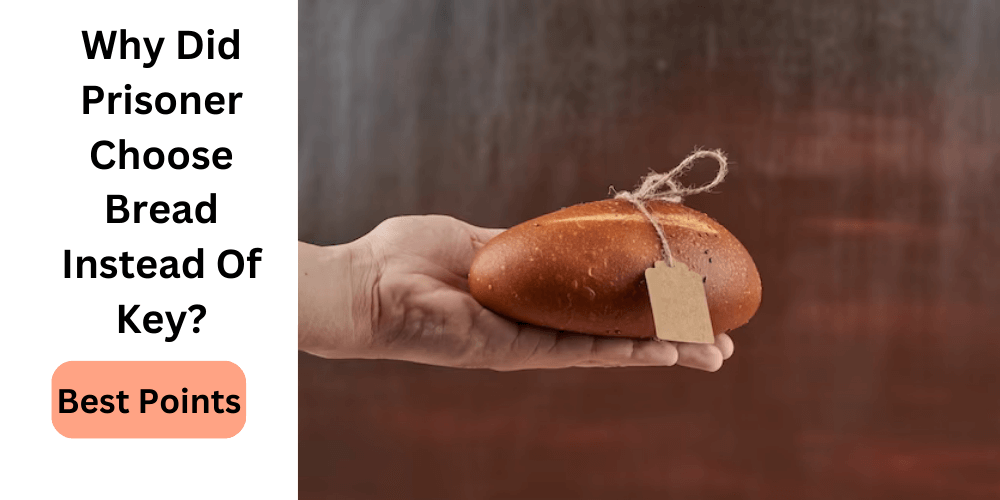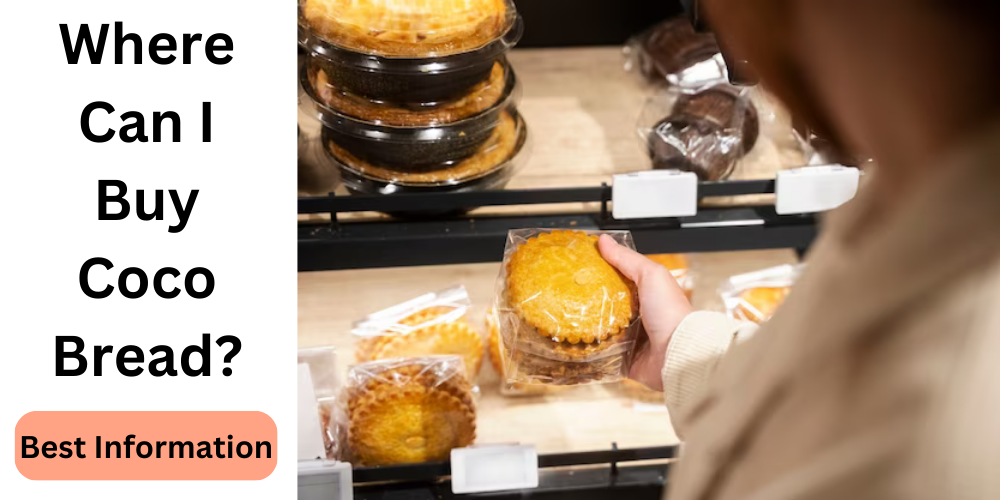Anyone who has read or watched The Count of Monte Cristo is familiar with the iconic scene where Edmond Dantès, imprisoned for a crime he didn’t commit, is offered a choice between a loaf of bread and a key to his cell. Surprisingly, Dantès chooses the bread, leading readers to wonder – why did prisoner choose bread instead of key In this article, we will delve into the thought process behind this decision and explore various reasons that may have influenced Dantès’ choice.

Why Did Prisoner Choose Bread Instead Of Key?
To fully comprehend Dantès’ decision, we must first understand why did prisoner choose bread instead of key. Imprisoned for fourteen years in the Château d’If, a notorious fortress on an island off the coast of Marseille, Dantès had lost all hope of escape and was resigned to his fate as a prisoner. In this bleak and dire situation, his decision to choose bread over a key may seem perplexing. However, upon closer examination, we can uncover several reasons why Dantès may have made this choice.
Survival Instincts:
One of the primary factors behind Dantès’ decision could be his survival instincts. As a prisoner, he was most likely starving and in desperate need of sustenance. By choosing bread, he ensured that he would have something to eat and thus, survive for a little longer. In contrast, the key would only provide him with temporary freedom, but he would still be left to fend for himself in a foreign land with no resources or support. It is natural for any human being to prioritize their basic needs over anything else, especially in a dire situation like Dantès’.
Long-Term Strategy:
Another possible reason for Dantès’ choice could be his long-term strategy. He may have realized that escaping from the Château d’If would not be an easy feat and would require careful planning and preparation. By choosing bread, he could use it as a bargaining tool in the future to gain leverage or assistance from other prisoners or guards. It was a strategic move that could potentially benefit him in the long run, compared to a temporary escape that may have been unsuccessful.
Psychological Comfort:
Being imprisoned for such a long time takes a toll on one’s mental and emotional well-being. It is possible that Dantès chose bread over a key because it provided him with psychological comfort. The familiar smell and taste of freshly baked bread may have reminded him of his life before imprisonment and brought a sense of comfort and normalcy in an otherwise bleak situation. In contrast, the key would have only served as a reminder of his captivity.
Symbolism of Bread:
In literature, bread is often used as a symbol of nourishment, sustenance, and survival. It holds great significance in many cultures and has been a staple food for centuries. By choosing bread, Dantès may have been symbolically choosing to survive and endure his imprisonment rather than risking an uncertain and potentially dangerous escape. It also highlights the idea that sometimes, the simplest things in life hold more value and importance than perceived grandeur or freedom.
Related Guides:
Why The Prisoner Took The Bread?

Now that we have explored the possible reasons behind Dantès’ decision to choose bread over a key, let us delve into why he took the bread in the first place. It is essential to note that Dantès was not offered a choice between a loaf of bread and a key but rather between two items – one wrapped in cloth, and the other unwrapped.
It is possible that Dantès, being a man of intelligence and perception, may have suspected that the wrapped item was the key. However, he chose to take the risk and pick the unwrapped item – the bread. This decision highlights his trust in fate and belief that everything happens for a reason. It also shows Dantès’ resilience and determination to survive against all odds.
What Is The Custom Of Releasing A Prisoner At Passover?
In the novel, it is mentioned that the prisoner was offered the choice between bread and a key during Passover. This is significant as Passover holds great importance in Judaism and Christianity. It is a celebration of freedom and liberation from slavery, making it an apt setting for Dantès’ decision.
Moreover, in some cultures and religions, it is customary to release a prisoner during religious holidays, such as Passover or Christmas. This serves as an act of mercy and forgiveness and symbolizes the possibility of redemption and second chances.
conclusion:
Dantès’ decision to choose bread over a key may seem irrational at first glance; however, upon closer examination. First we can understand why did prisoner choose bread instead of key. His choice was influenced by a combination of survival instincts, long-term strategy, psychological comfort, and symbolism. It also highlights his trust in fate and the significance of religious customs in the story. Dantès’ decision is a testament to his resilience and unwavering determination to survive against all odds.
Sources:
- By Exquisite A1, Why did the prisoner choose the bread instead of the key? Posted 1 year ago




